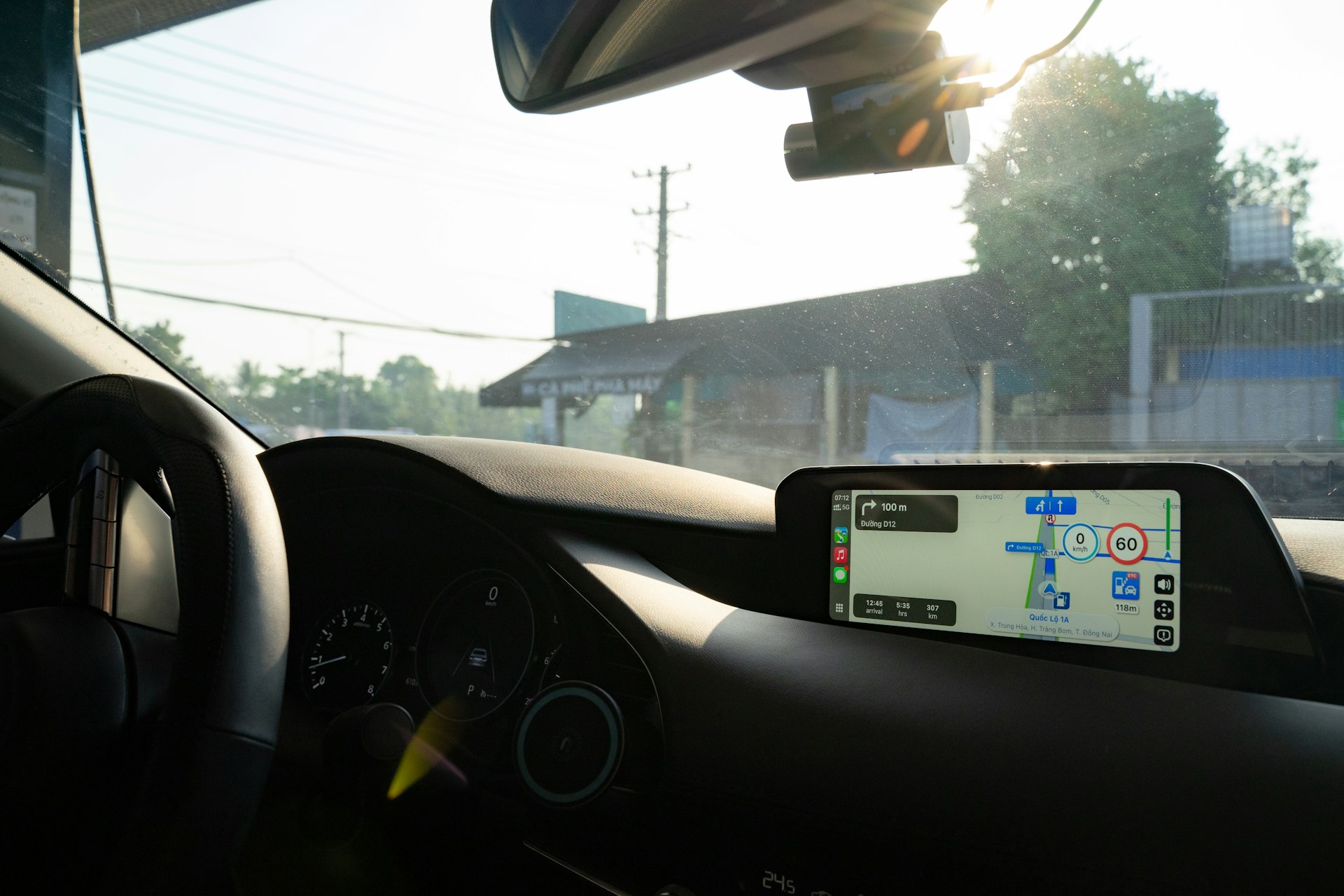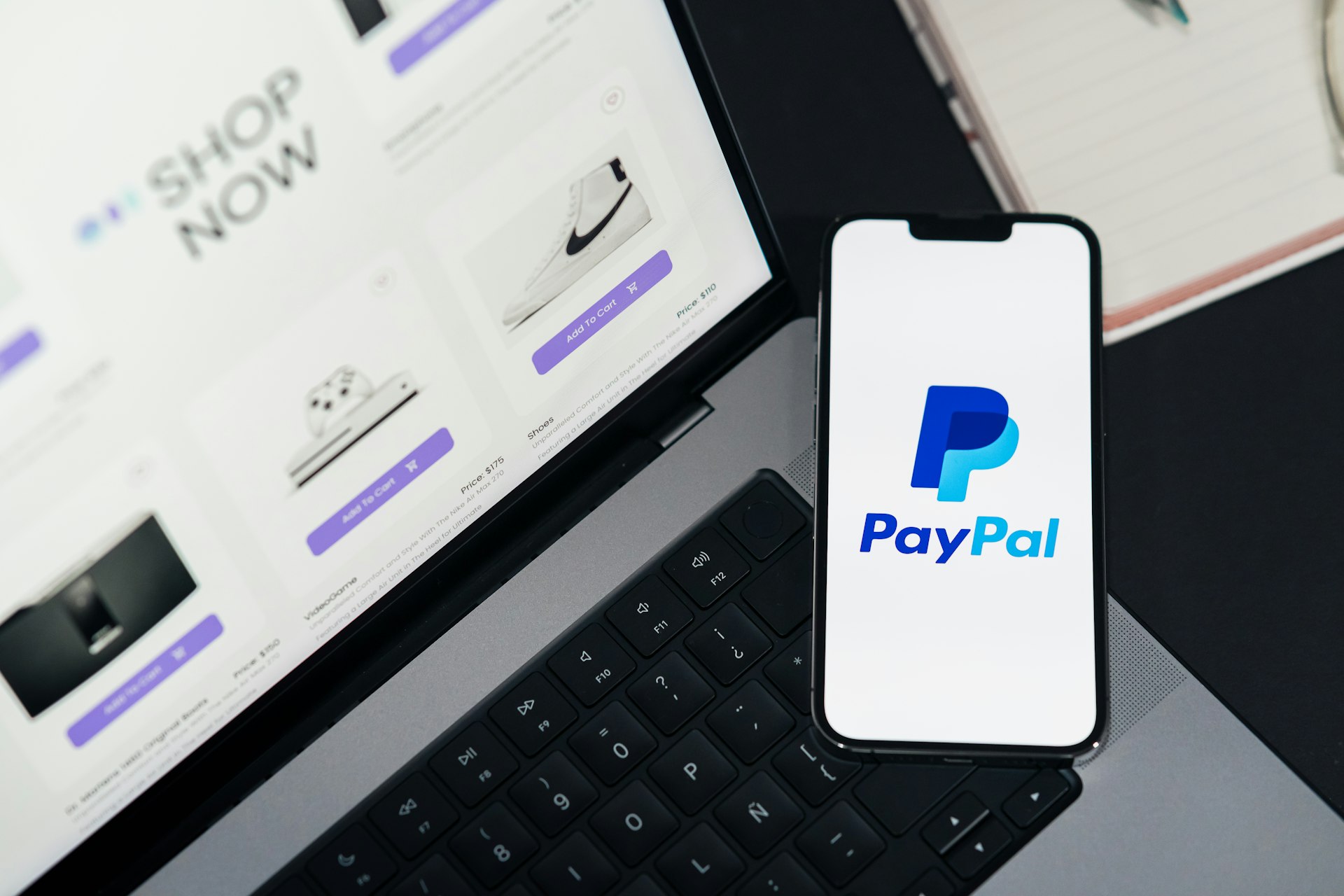Unlocking Growth: How Personalized Career Development Plans Drive Professional Success

Photo by Markus Winkler on Unsplash
Introduction to Personalized Career Development Plans
Personalized career development plans have become essential tools for individuals and organizations seeking sustainable growth in today’s rapidly evolving workforce. These plans are not generic checklists but customized roadmaps, crafted to align your unique strengths, interests, and professional aspirations with actionable steps for advancement. Whether you are just starting your career or looking to pivot into a new role, developing a plan tailored to your needs can unlock new opportunities, boost engagement, and increase satisfaction at work [1] .
What Is a Personalized Career Development Plan?
A personalized career development plan is a structured document and ongoing process that outlines your career ambitions, identifies skill gaps, and provides tailored actions to achieve your goals. Unlike one-size-fits-all approaches, these plans recognize each individual’s journey as unique and dynamic. The most effective plans combine structured frameworks-such as SMART goals-with flexible elements that accommodate changing industry demands and personal growth [4] .
Core Components of Effective Plans
Every successful personalized plan contains several key elements:
- Self-Assessment: Begin by evaluating your current skills, interests, and values. Many organizations offer formal skills assessments or you can use self-reflection and feedback from mentors to understand your strengths and areas for growth.
- Goal Setting: Define clear, achievable objectives. SMART goals-Specific, Measurable, Attainable, Relevant, and Time-bound-are widely recommended for their effectiveness [4] .
- Action Steps: Outline detailed steps for achieving each goal, such as pursuing certifications, participating in cross-functional projects, or seeking mentorship opportunities.
- Support Resources: Identify training, coaching, or organizational support needed to realize your plan.
- Milestones and Metrics: Set tangible metrics and milestones to track your progress and celebrate achievements.
Types of Personalized Career Development Plans
Different career stages and aspirations require different types of plans. Here are some widely used approaches: 1. Skill-Based Plans: These focus on building specific competencies for your current or desired role. For example, a marketing professional might target mastery of a new analytics tool or certification [3] . 2. Goal-Based Plans: Oriented around broader objectives, such as improving project leadership or increasing sales performance. These plans break down company-wide goals into individual responsibilities and development targets. 3. Cross-Functional Plans: Designed for those seeking to broaden their expertise, such as rotating through different departments or taking on temporary assignments outside their main function. 4. Leadership or Succession Plans: Targeted at developing future leaders, these plans often involve mentorship, project leadership, and strategic training [3] .
Step-by-Step Guide to Building Your Personalized Career Development Plan
- Conduct a Self-Assessment Evaluate your current skills, interests, and values. Consider using formal assessment tools offered by your company or professional organizations, or conduct a SWOT analysis (Strengths, Weaknesses, Opportunities, Threats) on your own.
- Set Short- and Long-Term Goals Use the SMART framework to define goals. For instance, “Earn a project management certification within 12 months” is specific and measurable. Revisit and adjust these goals regularly as your career evolves [4] .
- Map Developmental Opportunities Identify opportunities such as training programs, workshops, cross-functional projects, or mentorships. Blend formal learning (courses, certifications) with informal learning (on-the-job experience, shadowing senior colleagues) [1] .
- Create an Action Plan Break down each goal into actionable steps. For example, if improving communication is a goal, steps might include attending a workshop, practicing public speaking in meetings, and seeking feedback from peers.
- Engage Support Systems Seek out mentors, managers, or HR professionals who can provide guidance and accountability. Many organizations offer structured mentorship or coaching programs-check with your HR department or professional network for available options.
- Track Progress and Adapt Set regular check-ins (e.g., monthly or quarterly) to review your progress against milestones. Don’t hesitate to revise your plan if your goals or circumstances change.
Real-World Example: Entry-Level Employee Journey
Consider Alex, an entry-level customer support associate aiming to build problem-solving skills and progress in customer success. Alex’s plan might include the following steps:
- Complete a conflict-resolution training course within three months.
- Shadow a senior team member on high-priority accounts for hands-on learning.
- Learn to analyze customer data using the company’s CRM platform.
- Participate in a process improvement project to enhance support efficiency.
- Hold monthly check-ins with a manager to discuss progress and adjust the plan as needed.
Success is measured by reduced response times, improved customer satisfaction scores, and completion of improvement initiatives. Support comes from training resources, mentorship, and project opportunities [5] .
Templates and Tools for Customization
There is no single template that fits everyone, but you can choose from several proven frameworks:
- SMART Goals Framework: Sets clear, actionable objectives.
- 70-20-10 Development Model: Allocates 70% of development to on-the-job experiences, 20% to mentorship, and 10% to formal training [4] .
- Skills-Based Matrix: Focuses on developing targeted competencies relevant to your industry.
- Agile Canvas: Allows for rapid adjustments as your career or the job market changes.
You can find free templates and additional guidance by searching for “individual development plan templates” or checking with your organization’s HR resources. Many professional associations also provide planning templates tailored to specific fields [2] .
Overcoming Common Challenges
Many people struggle with creating or following through on their plans. Common challenges include lack of clarity about career goals, limited access to mentors, or difficulty tracking progress. Solutions include:
- Seeking feedback from peers or supervisors to clarify your goals.
- Leveraging online courses or webinars when in-person training is not available.
- Using digital tools or apps to track milestones and achievements.
- Adapting your plan to accommodate industry changes or personal circumstances.
Alternatives and Flexible Pathways
Career growth is not linear. If traditional development plans do not fit your needs, consider these alternatives:
- Pursue stretch assignments or temporary projects outside your usual responsibilities.
- Participate in cross-functional teams to broaden your skillset.
- Engage in peer coaching networks or industry groups for mutual learning.
- Consider short-term certificates or micro-credentials to quickly gain relevant skills.
Accessing Resources and Support
If you are part of an organization, start by reaching out to your HR department or manager to inquire about available development programs, mentorship opportunities, or sponsored training. For independent professionals, use search engines to locate reputable online learning platforms, professional associations, or community workshops in your field. When researching, use terms like “individual development plan template”, “career development framework”, or “professional growth roadmap” for best results. If you’re interested in formal certifications, visit the official websites of recognized industry organizations or education providers for accredited programs. For mentorship, consider networking events or online communities relevant to your profession.
Key Takeaways
Personalized career development plans offer a powerful blueprint for achieving professional growth and satisfaction. By conducting honest self-assessments, setting clear goals, leveraging available resources, and regularly tracking your progress, you can build a plan that adapts to your evolving ambitions and the changing world of work. Remember, the most effective plan is one you create, own, and update as your career advances.
References
- [1] HRBrain (2024). Personalized Career Development: Key Strategies.
- [2] Deel (2025). 11 Inspiring Individual Development Plan Examples.
- [3] Workforce Edge (2024). Career Development Programs Examples.
- [4] VerifyEd (2024). Sample Career Development Plan: 5 Proven Templates.
- [5] Culture Amp (2024). Driving workplace growth: Employee development plan examples.
MORE FROM jobsmatch4u.com













